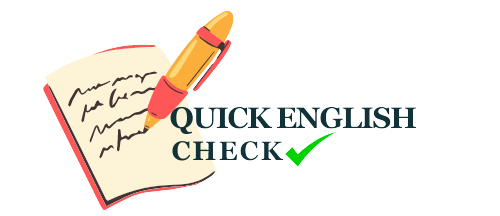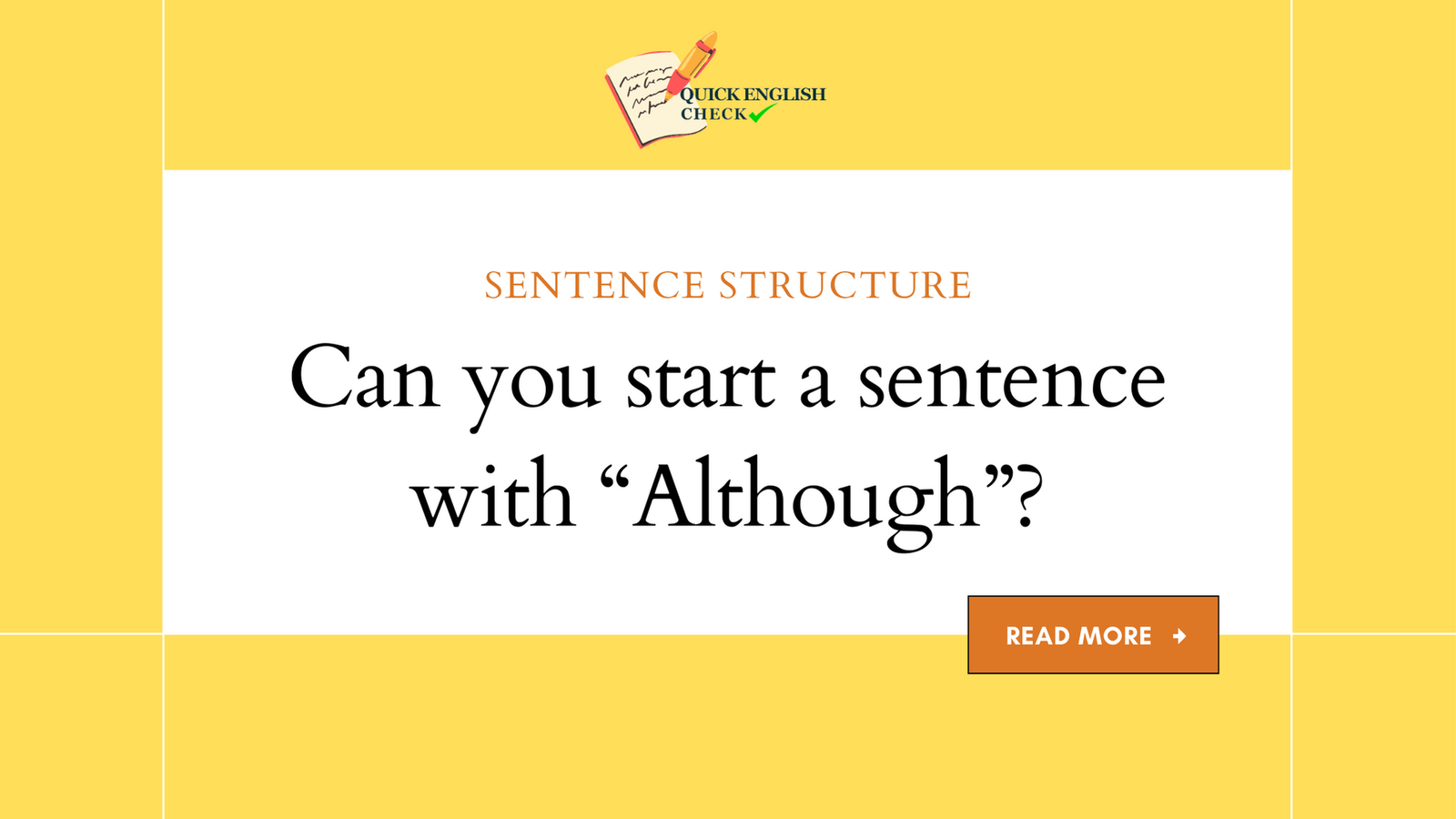Absolutely! Starting a sentence with “although” is not only grammatically correct but also a fantastic way to introduce a contrast or exception to what has been previously stated. This conjunction adds depth to your writing, allowing you to present a more nuanced view of your subject.
Whether you’re drafting an email, writing an essay, or simply jotting down notes, understanding how to use “although” effectively can elevate your writing.
Let’s dive into the ins and outs of beginning sentences with “although” and explore some examples to get you started.
The Power of “Although”
“Although” is a conjunction that introduces a subordinate clause, which means it connects two clauses where one expresses a contrast to the other.
This contrast doesn’t negate the main clause but adds complexity, showing that life and ideas aren’t always black and white. The beauty of “although” lies in its ability to soften statements, making your writing feel more thoughtful and considered.
When to Use “Although”
Using “although” at the beginning of a sentence is particularly useful when you want to acknowledge a point before presenting your main argument or perspective.
It sets the stage for a nuanced discussion, indicating that you’re aware of other viewpoints or factors but still hold a different position. This can make your writing more persuasive and comprehensive.
15 Examples of Starting a Sentence with “Although”
- Although it was raining, we decided to go for a walk.
- Although she was tired, she finished the marathon with a smile.
- Although the task was challenging, the team completed it ahead of schedule.
- Although he didn’t win the award, his work received high praise.
- Although the movie received mixed reviews, it did well at the box office.
- Although we had never met before, we hit it off immediately.
- Although the budget was limited, they managed to produce a high-quality film.
- Although the new policy was controversial, it led to significant improvements.
- Although they are competitors, they respect each other’s work.
- Although the car is old, it’s still very reliable.
- Although the weather was cold, the atmosphere was warm and welcoming.
- Although he was offered many opportunities, he chose to stay with his current employer.
- Although the project seemed simple at first, it turned out to be quite complex.
- Although she had doubts, she decided to take the risk.
- Although the path was steep, the view from the top was worth it.
Tips for Using “Although” Effectively
- Balance Your Sentences: Ensure that the contrast you’re introducing with “although” is clear and meaningful. The sentence should balance the concession made in the “although” clause with the main statement.
- Avoid Overuse: While “although” is a useful conjunction, relying on it too heavily can make your writing repetitive. Mix it up with synonyms like “even though” or “despite” to keep your text engaging.
- Punctuation Matters: When “although” starts a sentence, it’s often followed by a comma when the introductory clause is finished, especially if what follows is a complete sentence. This helps to clearly separate the contrasting ideas.
Using ‘Although’ in formal settings
- Although the company has seen better financial quarters, the management remains optimistic about future prospects.
- This sentence acknowledges a current challenge while also highlighting a positive outlook.
- Although the initial tests were inconclusive, subsequent experiments confirmed the hypothesis.
- Here, “although” introduces a contrast between the early stages of research and later findings.
- Although there was significant opposition, the new policy was ultimately implemented.
- The sentence uses “although” to acknowledge resistance before stating the final outcome.
- Although the technology is still in its early stages, its potential impact on the industry is undeniable.
- This example contrasts the current state of the technology with its future possibilities.
- Although we had hoped to complete the project by the end of the month, unforeseen complications have arisen.
- “Although” is used here to introduce a setback in the context of project timelines.
- Although the candidate possesses extensive experience, the hiring committee has raised concerns about their leadership style.
- The sentence contrasts the candidate’s strong experience with reservations about their leadership.
- Although the budget has been increased, careful allocation of resources remains a priority.
- This example uses “although” to temper the news of a budget increase with a caution about resource management.
- Although the merger faced initial skepticism, it has led to significant growth for both companies.
- “Although” introduces initial doubts before highlighting the successful outcome of the merger.
- Although recent studies suggest a decline in reading habits, libraries are experiencing an increase in visitors.
- The sentence contrasts studies on reading habits with the actual increase in library visitors.
- Although the regulations are stringent, they are essential for ensuring public safety.
- Here, “although” acknowledges the strictness of regulations while affirming their importance.
Conclusion
Starting a sentence with “although” is a great way to introduce contrast and complexity into your writing. It shows that you’re thinking critically about your subject and are aware of different perspectives. By following our tips and practicing with the examples provided, you’ll become adept at using “although” to enhance your writing, making it more engaging and nuanced. Remember, the key to effective writing is not just in what you say but how you say it, and “although” can be a powerful tool in your arsenal.

